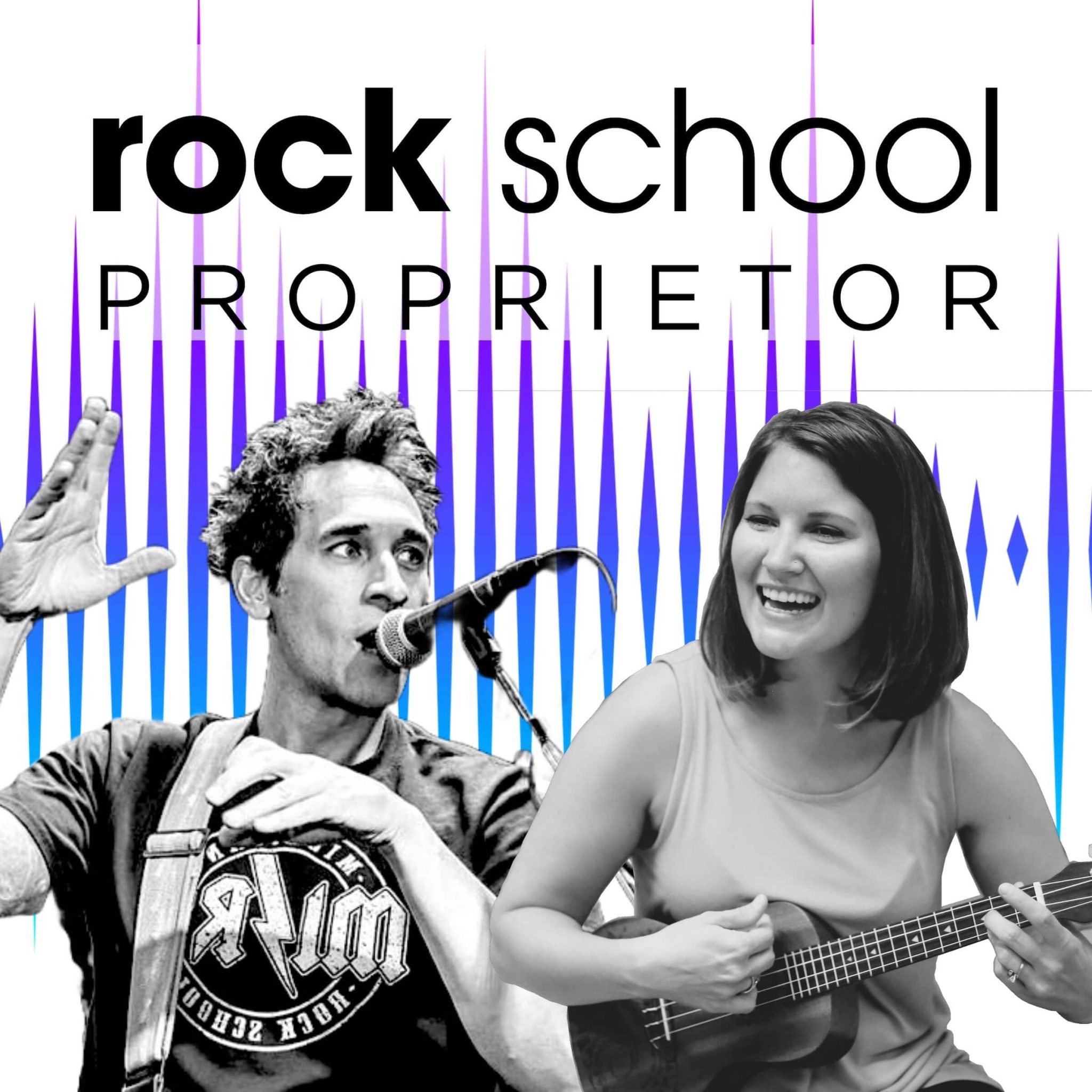The world of music education thrives on dedicated students and passionate music teachers. But the magic of learning an instrument can quickly fade when scheduling becomes a constant headache. Music schools and private instructors alike face a unique set of challenges in juggling student schedules, teacher availability, and the logistics of in-person, online, and home lessons. Efficient scheduling isn’t just about filling time slots; it’s about creating a structured and productive learning environment for both students and teachers. Here, we’ll delve into strategies to optimize your music lesson scheduling and unlock its potential for enhanced learning experiences and administrative efficiency.
Understanding the Challenges of Music Lesson Scheduling
Unlike scheduling for a typical academic class, music lesson scheduling presents a unique set of obstacles:
- Varied Availability: Students are juggling schoolwork, extracurricular activities, and personal commitments. Similarly, teachers have their own schedules filled with teaching hours, performance commitments, and family time. Finding a common time slot can feel like a constant game of Tetris.
- Balancing Lesson Formats: The rise of online learning adds another layer of complexity. Music schools and instructors now have to consider in-studio lessons, online instruction, and even hybrid approaches that combine both. This demands flexible scheduling options to accommodate diverse needs and learning styles.
- Managing Disruptions: Life happens. Cancellations due to illness, unexpected events, or scheduling conflicts are inevitable. Efficiently managing these disruptions, including rescheduling and makeup lessons, is crucial to maintain order in your schedule and minimize frustration for all involved.
Leveraging Technology for Effective Scheduling
Fortunately, we live in a time where digital solutions can address many of these traditional scheduling challenges. Music scheduling software offers a range of features to streamline the process and bring peace of mind:
- Flexibility and Accessibility: Look for software that allows for easy scheduling of in-person lessons in your studio, online instruction using video conferencing tools, and even hybrid approaches that combine both. Accessibility is key – both teachers and students should be able to manage their schedules easily from any device, whether it’s a desktop computer, laptop, tablet, or smartphone.
- Integration with Other Systems: A major benefit of scheduling software is its ability to integrate with other management tools like billing systems and communication platforms. This creates a centralized hub for all student information. Imagine a cloud-based system where lesson scheduling automatically updates billing records and sends reminders to students about upcoming lessons. This seamless integration saves time and reduces the risk of errors.
Tips and Tricks for Streamlined Scheduling
Here are some practical strategies, beyond just using software, to take your music lesson scheduling to the next level:
- Advanced Planning: Setting schedules well in advance provides stability for both teachers and students. Consider pre-planning schedules for upcoming semesters or terms during a designated enrollment period. This allows students to choose their preferred lesson times within available slots and minimizes last-minute scrambling for everyone involved.
- Centralized Calendar: Utilize a single, digital calendar accessible by everyone involved – teachers, students, and parents. This promotes transparency and reduces scheduling conflicts. Consider color-coding the calendar to differentiate between in-person, online, and hybrid lessons for easy visual identification.
- Automated Reminders: Implement automated email or text reminders to reduce no-shows and last-minute cancellations. Give students ample notice of upcoming lessons, typically 24-48 hours, and allow them to easily reschedule within defined parameters if needed. This can be particularly helpful for forgetful students or busy families.
- Flexible Scheduling Options: Offer a mix of in-person, online, and hybrid lesson options to accommodate diverse needs and learning styles. This can be particularly helpful for students with busy schedules, those located in remote areas, or for instructors who travel frequently. For example, a student with a packed after-school schedule might benefit from an online lesson, while another student who thrives on face-to-face interaction might prefer an in-person lesson.
- Transparent Communication Channels: Establish clear communication protocols for scheduling changes. Consider dedicated channels, such as a messaging platform or designated email address, for scheduling inquiries. This prevents confusion and ensures that everyone involved is kept in the loop. For instance, a clear cancellation policy communicated upfront can help manage expectations and minimize disruption to the schedule.
What to Look for in Music Lesson Scheduling Software
When choosing scheduling software, consider these features that go beyond basic functionality:
- Ease of Use: An intuitive user interface with clear menus and drag-and-drop functionality makes the software accessible for both administrators and music teachers who may not be tech-savvy. Look for software that offers tutorials and support resources to ensure a smooth onboarding process. Consider a free trial to experiment with the features before making a commitment.
- Integration Capabilities: Look for software that seamlessly integrates with your existing music school management systems, such as billing software, communication platforms, and student information databases. This creates a unified system that can streamline your administrative tasks and improve overall efficiency.
Beyond the Basics: Optimizing Your Music School with Scheduling Software
The best music lesson scheduling software goes beyond basic scheduling functionality. Here are some additional benefits to consider:
- Improved Communication: The software can facilitate communication between teachers, students, and parents. Look for features like built-in messaging, discussion boards, or email integration. This allows for clear communication about lesson plans, practice requirements, and any scheduling changes.
- Reduced Administrative Burden: Automated scheduling, reminders, and online booking can free up your staff’s time, allowing them to focus on more important tasks like student development and curriculum creation.
- Enhanced Student Learning: Efficient scheduling and clear communication contribute to a more effective learning environment for your students. Some software may even offer features like online lesson materials, progress tracking tools, and practice management resources. These can further enhance the learning experience for students and help them reach their musical goals.
- Data-Driven Insights: Some software provide reporting tools that allow you to track student progress, analyze enrollment trends, and identify areas for improvement. This valuable data can be used to inform curriculum decisions, marketing strategies, and overall music school management.
Finding the Perfect Music Lesson Schedule Software
With a wide variety of music scheduling software options available, choosing the right one can feel overwhelming. Here are some tips to help you in your search:
- Identify Your Needs: Consider the specific needs of your music school. How many students do you have? Do you offer in-person, online, or hybrid lessons? What features are most important to you, such as student management tools, automated reminders, or reporting functionalities?
- Market Research: Read online reviews, compare features offered by different software providers, and explore free trial options. This allows you to test-drive the software and see if it meets your specific needs.
- Security & Privacy: Ensure the software prioritizes data security. Look for features like student data encryption and role-based access controls to safeguard sensitive information like student contact details, lesson notes, and billing information.
By implementing the right music lesson scheduling software, you can streamline your administration, improve communication, and ultimately create a more successful and thriving music school. Imagine a world where scheduling is no longer a headache, but rather a powerful tool that fuels learning, fosters creativity, and takes your music school to the next level.
Opus1: The All-in-One Solution for Music School Scheduling
Enter Opus1, the premier CRM software designed specifically for music schools. Opus1 stands out in the competitive landscape for its comprehensive approach to music lesson scheduling and school management. Unlike generic CRM platforms, Opus1 is built with the specific needs of music educators and administrators in mind, offering unparalleled features for scheduling, billing, communication, and more.
Why Opus1 Excels:
- Comprehensive Scheduling Capabilities: Opus1 supports diverse lesson formats, including private, group, in-studio, and online classes, ensuring flexibility and efficiency in scheduling.
- Automated Billing and Payment Processing: Simplify your financial operations with Opus1’s automated invoicing, streamlining the payment process for both the school and its clients.
- Intuitive Communication Tools: Keep students, teachers, and parents connected and informed with integrated messaging systems, ensuring everyone stays on the same page.
- Advanced Administrative Features: From teacher management to student progress tracking, Opus1 provides the tools needed to manage every aspect of running a music school effectively.
Choosing Opus1 means embracing a future where music lesson scheduling and school management are not only simplified but optimized for success. Its dedication to addressing the unique challenges of music education makes it the best choice for music schools looking to streamline their operations and focus on delivering exceptional musical education.
Elevating Music Education with Opus1
Optimizing music lesson scheduling is a pivotal step toward enhancing the educational experience and operational efficiency of music schools. While various tools and strategies can aid in this process, the comprehensive solution provided by Opus1 stands unmatched. Its tailored features, designed specifically for the world of music education, offer an all-encompassing approach to scheduling, administration, and communication. By integrating Opus1 into your music school’s operations, you will unlock a level of efficiency that maximizes the potential and success of your music school. Try Opus1 today, and discover the difference it makes.
Post Tags:





